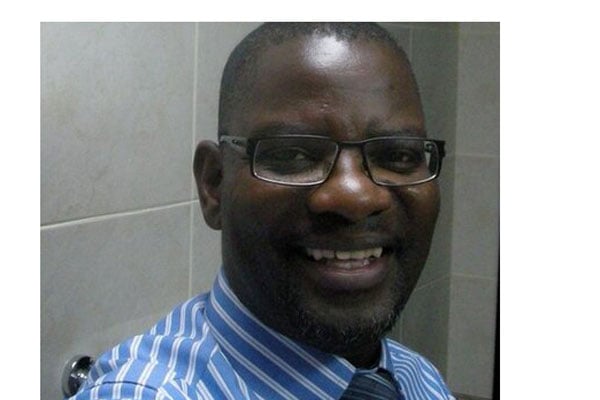Prime
Covid-19 has shown us money is just about everything in life

Author: Musaazi Namiti. PHOTO/FILE
What you need to know:
- Mr Musaazi Namiti says: The Hippocratic Oath does not pay salaries of the people a hospital employs.
President Museveni rarely says much that makes Ugandans sit up and take notice — in part because he has been around for decades (as their leader) and tends to contradict or repeat himself — but sometimes he says things that are pregnant with meaning.
In April 2017, for example, this newspaper published a story about Mr Museveni with the headline ‘Laziness killing development’ — and one of the quotes said: “If you are not generating income when everything revolves around money, how do you think you will survive?”
Few things bring his quote into sharper focus than the pandemic we are grappling with. Covid-19 really shows that whether you are an individual or a country, money is always going to be your dependable ally, your saviour. It may not bring you happiness — and that is not its job — but it is what you are going to rely on, nine times out of 10, to solve most of the problems.
People keep saying money is not everything, and I often reply: “But poverty is everything unpleasant, and it never solves any problem.” Everywhere we look in this ongoing Covid-19 crisis, we see screaming evidence that money is, for the most part, what we need to weather the storm.
Let me cite examples to drive my point home. Covid-19 patients in critical condition have been rushed to private hospitals, and the first thing healthcare professionals there have been asking for is cash. Quality patient care largely depends on money. The Hippocratic Oath does not pay salaries of the people a hospital employs; money runs hospitals.
Since the government imposed a second lockdown in the wake of a surge in coronavirus-related deaths and infections (88,674 confirmed cases; 2,203 dead), government officials, led by Prime Minister Robinah Nabbanja, have been promising Ugandans who live in poverty $29 (Shs100,000) each to buy food.
Although millions of Ugandans live in abject poverty, the government has said Covid relief cash, as the money being doled out is called, will go to only 501,107 people in a country with a 40 million-plus population. As of July 15, a total of 377,201 (75.2 per cent) had been uploaded on the system, according to Daily Monitor.
To say that the sum Ugandans are receiving is laughably small is an understatement. Yet millions of Ugandans who need it will not get it. The government, which has the capacity to raise money in all sorts of ways, does not have it. For it to satisfy all people who need relief cash, it has to spend trillions.
As the lockdown takes its toll, some are saying that the government should prioritise vaccination and lift the lockdown to let people return to work and fend for themselves. But the principal reason the vaccine roll-out has been haphazard has everything to do with money.
Only one per cent of Africa’s population is fully inoculated, according to a CNN report broadcast earlier this month. CNN also interviewed the president of the AfDB, Dr Akinwumi Adesina, and he called for “vaccine justice” and “equity in distribution”. He said that Africa, with a population of 1.3 billion, was supposed to get 66 million doses from Covax, the vaccine pillar, but it has so far received 18.2 million doses.
Who do we have to blame for this? Lack of money. None of the countries that call the shots in this world is poor. The US tops the list. It is rich. China is influential in Africa. It is becoming rich. Money is just about everything.
Mr Namiti is a journalist and former
Al Jazeera digital editor in charge of the Africa desk
[email protected] @kazbuk




